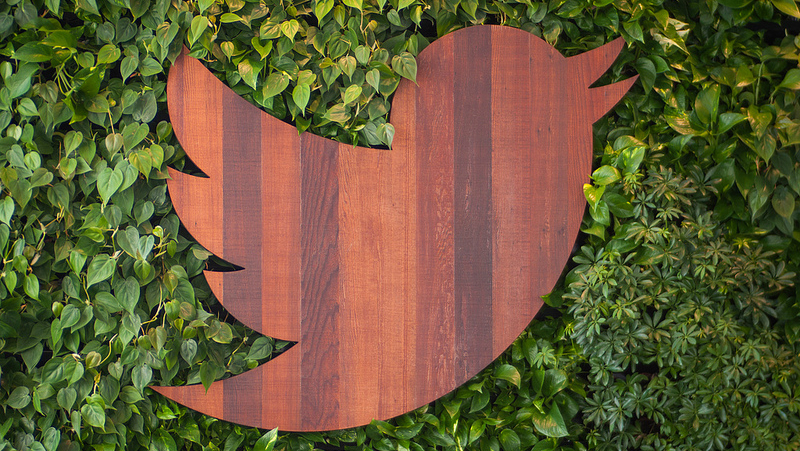The Samaritans Radar debacle proved Twitter needs to better understand its users
How a revolutionary idea became a creepy invasion of privacy

It took only ten days for the Samaritans Radar Twitter app to fall from grace. What was initially touted as a revolutionary and positive idea, something that would save lives, became a creepy, privacy invasive tool for stalkers and trolls, potentially in breach of data protection law, and something that distressed and alarmed exactly those people who it purported to help.
Why and how this fall happened has distinct and potentially important implications for the way that we look at Twitter. Some people will be looking on aghast – why should such an innovative idea be destroyed by a bunch of out-of-touch privacy-obsessed keyboard warriors? Others will be thinking that for once things have gone the right way – people have been able to fight and win against something they saw as deeply intrusive. Both sides have their points.
What the Samaritans Radar app was intended to do was relatively simple. If you authorised it, it would scan the tweets of all the people that you followed, perform what appears to have been a fairly crude form of sentiment analysis.
When it found a tweet that appeared to indicate that the tweeter might be having mental health difficulties or feeling suicidal, it would send you an email alerting you to that fact.
The intent was positive: if your friends are feeling vulnerable, you would like to make sure you don't miss one of their tweets, and hence not realise that they might need help. The problems, however, were manifold – starting with the assumption that the people you follow (and hence whose tweets are scanned) are your friends, and conversely that the people who follow you do so with your best interests at heart.
There seemed to be confusion in the app-backers' minds between the Facebook idea of 'friends' and the Twitter concept of following – as well as a general sense that it's 'OK' to analyse and process everyone's tweets because tweets are 'public'. That, in some ways, is the crux of the matter – and why the fall of the Samaritans Radar app has huge potential ramifications.
The Samaritans Radar app was launched with some fanfare on 29th October 2014 with generally positive press coverage, but the reaction on Twitter itself was very different. The overwhelming majority of tweets on the #SamaritansRadar hashtag were very negative.
Get daily insight, inspiration and deals in your inbox
Sign up for breaking news, reviews, opinion, top tech deals, and more.
Many people didn't like the idea of their tweets being scanned. They were aware that they weren't being asked for their consent to have their tweets scanned. Others recognised immediately how the app could be used by stalkers and trolls to find out when their potential victims were vulnerable and to immediately target them with more abuse.
Vulnerable people felt more vulnerable – but the community reaction was remarkable both in its swiftness and its power.
The first reaction came from what might loosely be called the 'mental health community' on Twitter – people who have experience of mental health issues, people who work in mental health, people with friends or relatives in those positions. But it soon spread as those people brought in experts in many different aspects of the story.
The campaign grew, including a vast number of blog posts, interviews and articles in the mainstream and online media, an online petition and more. There were legal objections – the app seemed certain to process sensitive personal data without any consent, but even the Samaritans weren't clear who the data controller would be – as well as practical and ethical ones.
The campaign was strong and sustained – and on the 7th November, just ten days after the launch, the Samaritans suspended the app, pending further review. It is hard to imagine, given the weight and breadth of the objections, that it will reappear in a similar form.
- 1
- 2
Current page: How Samaritans Radar went wrong
Next Page The lessons to learn from this app failure